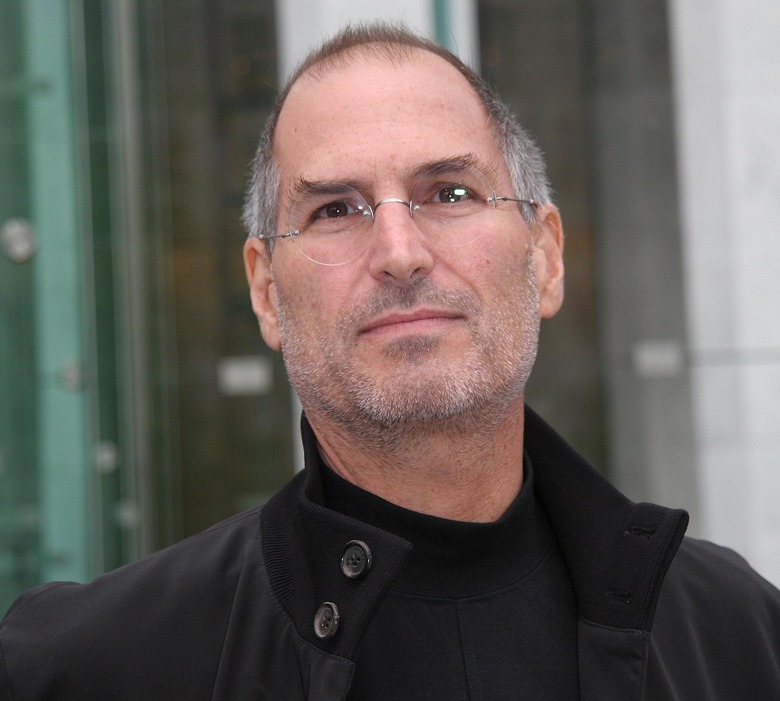Apple Employees Knew That If Steve Jobs Turned Off His iPhone, It Meant One Thing
We may receive a commission on purchases made from links.
Most of us, when we think of late Apple co-founder Steve Jobs, probably fixate on the stereotype of him as a detail-obsessed quasi-workaholic, whose near-mania when it came to the seemingly tiniest details brought about world-changing products like the iPhone and helped Apple became the most valuable company in the world.
But Jobs' former executive assistant Naz Beheshti paints a different picture of her old boss in her new book Pause. Breathe. Choose: Become the CEO of Your Well-Being. Focused largely on her wellness coaching practice, she also sprinkles the book with nuggets about the mercurial Apple chief executive who prodded Apple to generate a string of hit products like the Mac, iPod, iPhone, and iPad, who was known for melting down when employees didn't live up to his standards — and who seems to also have put a premium on quiet time, where he could take a mental break, uninterrupted by the demands of being a CEO. Such that, on the rare occasions when he turned off his iPhone, Apple employees seem to have had a good idea of where that meant Jobs was hiding away: In the office of Jony Ive, Apple's former head of design, where he'd be dreaming about the future and playing with mockups and prototypes that Jobs often referred to as his "toys."
"I quickly discovered what playtime looked like for Steve Jobs, and how it was one of the keys to his success as a great innovator," Beheshti writes. "Whenever someone was looking for Steve, or whenever he could not be reached on the phone, there was only one place he would almost unerringly be found: In the office of Jony Ive, Apple's former chief of design officer."
Along these same lines, Beheshti told CNBC that the mythos of Jobs as a tyrannical taskmaster obsessed with work has been overblown, to a degree. He meditated daily, she points out, "maintained strong relationships," and engaged in regular physical activity — the latter presumably a reference to the walks he often took that frequently included engaging in long conversations with people.
But it's his penchant for carving out time to essentially hang out with Ive and his team that's particularly interesting, and even germane to the constant connectivity that many of us feel in the coronavirus era, with the traditional lines between work and home life more blurry than ever. Even one of the most successful, wealthiest business figures of all time, it seems, recognized the need to make clean breaks from work, to recharge and re-calibrate.
"We would lose our minds trying to get in touch with him, trying to get him to his meetings," Beheshti writes in her book. "At some point, we would have to call Jony's office and enlist his help in dragging Steve away from his playtime ... His time with Jony gave him the space and occasion to laugh, imagine, create, and feel a renewed sense of freedom."
